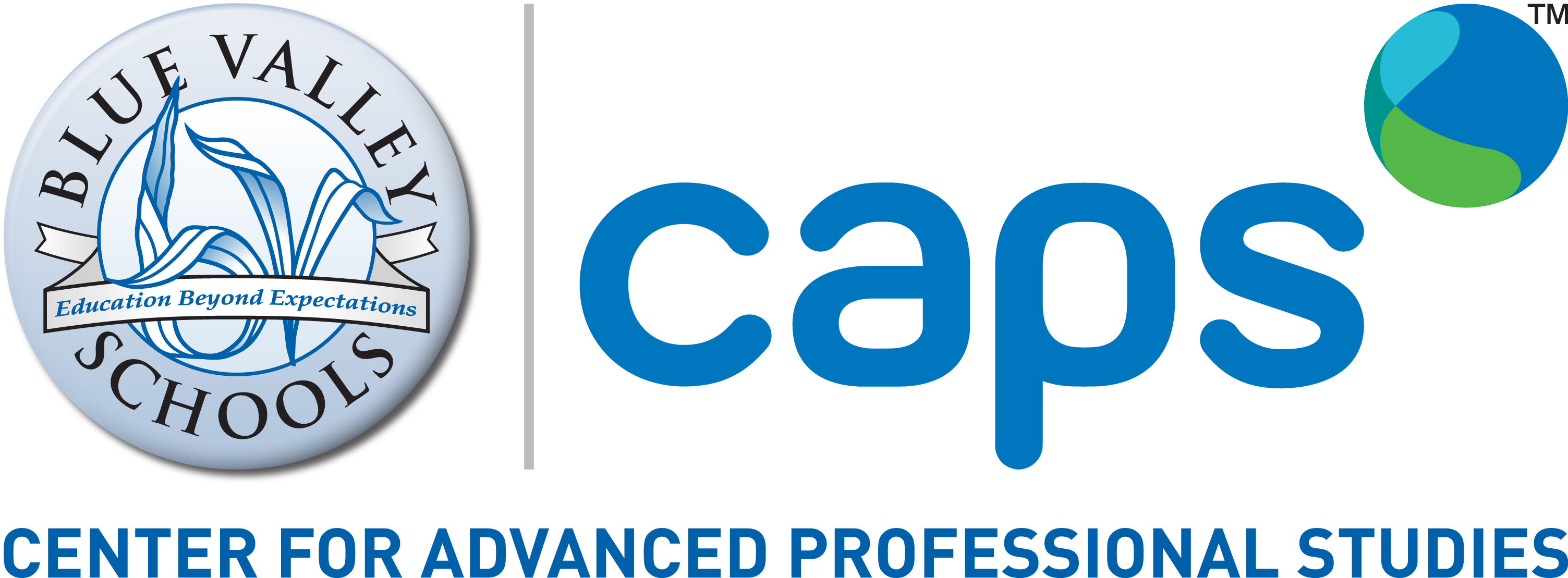Future of Food: Where science, business and societal need intersect
From day one of our Future of Food class, the students have been diving full-force into the scientific, business, and societal aspects of food and the food industry.
We kicked off the semester with a perennial favorite – making and canning strawberry jam. This activity is a perfect introduction to our class in that it provides a great opportunity to introduce the chemistry of food and the biology of food safety. As well, this activity provides the students with a tasty treat to bring home and share with the family. For the next two months, the students gained significant exposure to the science of food and nutrition. In addition to conducting chemistry experiments in the food lab and reading scientific literature, the students met with a wide array of mentors, such as Dr. Jon Hopkinson, food scientist from DuPont, and Dr. Susan Carlson, nutrition researcher from KU Medical Center.
In addition to our scientific work, the students also focused on food security at a local and global level. All of our students engaged in an extended project which is affiliated with the World Food Prize (often called the Nobel Prize of food and agriculture). The students each selected a country outside the United States and conducted an in-depth analysis of a specific factor contributing to food insecurity in that country (e.g. poor water quality, nutritional diseases, war & conflict). After researching the details of this contributing factor, the students proposed different ways to address this challenge. One of our students, Ashley Jacobson, went on to share her analysis at Kansas State University with the goal of being selected to represent the state of Kansas at the World Food Prize next October.
Since returning from spring break, the class has been primarily working within the realm of business and entrepreneurship. The keystone project in this portion of the students’ innovation project in which they invent a commercializable food product, prototype it in the CAPS test kitchen, and develop a business plan for its implementation in the marketplace. This six-week immersion encapsulates a full entrepreneurial experience, ranging from opportunity identification to pitching their business concept in the CAPS Sharktank. As with the scientific aspects of our class, each step of this food innovation project are guided by industry mentors. Although most of our students will not pursue the business of food as a career, cultivating an entrepreneurial mindset will better equip them to capitalize on opportunities, regardless of their profession.
